
How GPUs could shape the future of blockchain and blockchain could shape the future of GPUs
Jensen Huang's keynote at GTC 2025 has again been a real show. It gave insights on the future of AI, quantum computing, self-driving cars, etc. But I couldn't help but notice one big absence though: blockchain.
AI, especially with the advent of Large Language Models (LLMs) has driven a massive demand for GPUs. Real-time processing in self-driving cars is also very demanding, so those are areas where GPUs can play a critical role. However, while GPUs have historically been used for cryptocurrency mining, it seems like Nvidia has been cautious about blockchain as a focus area in recent years. This might be due to the volatility of the market, regulatory concerns, or a shift in the overall blockchain landscape -- especially with Ethereum's shift from proof-of-work to proof-of-stake, which reduces the need for traditional mining hardware.
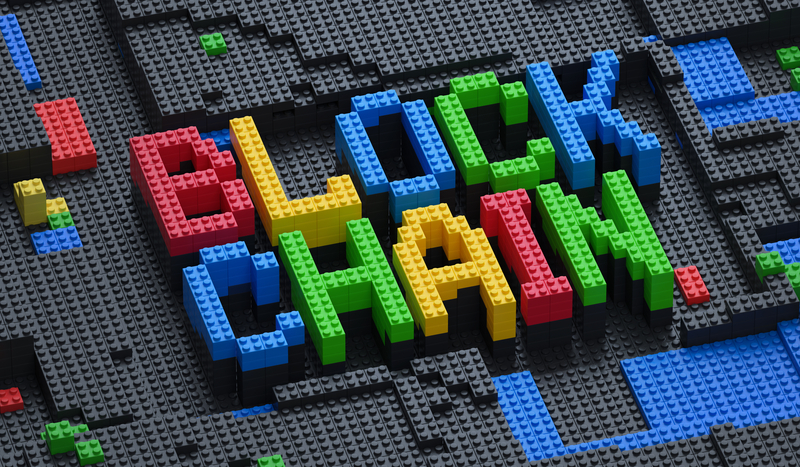
Simplifying blockchain implementation for developers [Q&A]
Blockchain technology has often been touted as a game changer for the security of transactions in different fields.
However, many organizations still don't full appreciate its value or how to incorporate it into their applications. We spoke to Lee Jacobson, senior vice president business development Web3 at video game commerce company Xsolla to find out about how blockchain implementation can be made easier.
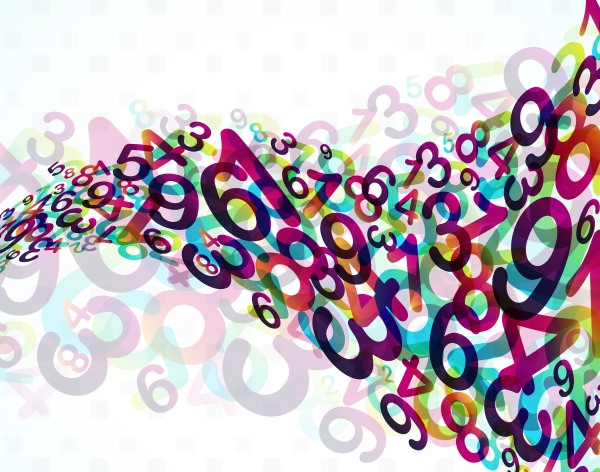
Verified randomness -- what is it and why does it matter? [Q&A]
Much of the online world relies on things being random. Gamers trust that their players re-spawn at completely random locations, similarly, gamblers trust that online slot machines are giving them random outcomes.
Ensuring things are properly random is also important for things like decentralized finance and blockchain transactions. But how can you be sure that something is properly random?

The bridge to the future
Unless there is easy and seamless connectivity between different blockchain-based asset types on different platforms, the full benefits of tokenization will not be realized. However, achieving this interoperability has proven a significant obstacle. The blockchain bridge has emerged as a promising solution, albeit one that has historically carried cost and risk. But recent advancements have made these bridges accessible, secure, and cost-effective.
Blockchain technology, which captured the imagination of the public some 15 years ago, promised to revolutionize the financial world. With each passing year, new and use cases have emerged, slowly but surely attracting a growing user base. Although the exact timeline for mass adoption remains a topic of debate, many in the industry agree it is an eventuality.

Guardians of privacy: The promise of fully homomorphic encryption in the AI and blockchain era
The rise of AI has been nothing short of meteoric, especially with the advent of extensive language models like ChatGPT. We're witnessing a technological tide that might not only match, but even eclipse the transformative power of the internet. Every corner of our world, from the intricate complexities of finance to the foundational elements of education, is currently in the throes of a radical transformation catalyzed by artificial intelligence.
Yet, as we march forward in this brave new world of machine learning and digital cognition, there's an ever-looming shadow: the challenge of data privacy. Every digital query, every command we voice, and every interaction we have with these advanced systems invariably deposits bits of our personal information into vast databases. These repositories, managed by the service providers, become de facto vaults of our digital identities. The gravity of this concern hasn't been lost on the world's decision-makers. Countries not yet willing to take the blind leap have started sounding the alarm, and corporate behemoths have begun implementing restrictions on the use of such AI-driven tools.

How do you solve privacy issues with AI? It's all about the blockchain
Data is the lifeblood of artificial intelligence (AI), and the power that AI brings to the business world -- to unearth fresh insights, increase speed and efficiency, and multiply effectiveness -- flows from its ability to analyze and learn from data. The more data AI has to work with, the more reliable its results will be.
Feeding AI’s need for data means collecting it from a wide variety of sources, which has raised concerns about AI gathering, processing, and storing personal data. The fear is that the ocean of data flowing into AI engines is not properly safeguarded.
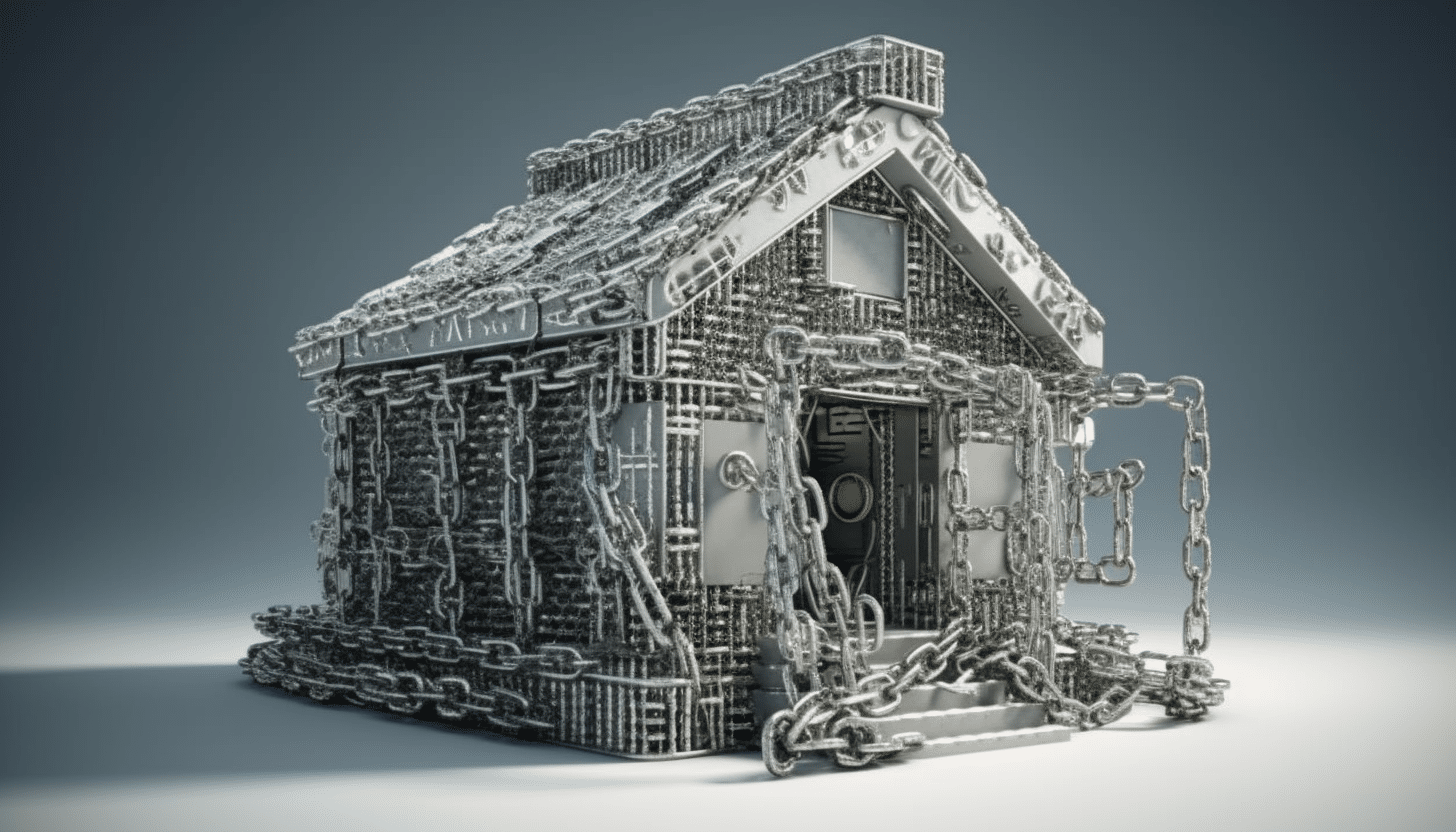
Blockchain and proptech are transforming real estate security
Infrastructure is becoming more vulnerable to cyber threats. Therefore, everyone from tech enthusiasts to real estate professionals must pay attention to how blockchain and proptech advancements change the game to keep stakeholders, business owners and tenants safe and sound.
Blockchain is a part of the proptech umbrella, but it encompasses so much -- and blockchain enhances it all.

The importance of blockchain security in an interconnected world [Q&A]
Blockchain is best known for its application in securing cryptocurrency. But in recent years it's expanded to drive emerging business in other sectors such as healthcare, real estate, smart contracts, and more.
Because blockchain ensures a tamper-proof ledger of the distributed transactions, it's sometimes used for high-risk transactions and exchanges. But this presents high stakes opportunities for adversaries to steal money and sensitive information.

How fraudsters attack blockchain technology and how it can be prevented
The global financial crisis of 2008-09 resulted in the development of the Bitcoin whitepaper which introduced the world to the idea of blockchain technology and cryptocurrency. Within blockchain, information is stored in several databases (blocks) that are linked together chronologically through cryptographic hashes to form a distributed network (chain). Since its inception the global blockchain market is expected to hit $67.5 billion by 2026.
Within the realm of banking, financial services, and insurance (BFSI) the evolution of cryptocurrencies as an asset class for investors has furthered the commercialization of blockchain technology through decentralized finance (DeFi) services. As of 2021, there are over 6,000 cryptocurrencies being traded freely with global cryptocurrency market capitalize reaching $990 billion. Serving investors' needs are exchanges, lenders, asset managers, custodians, cross-border payment applications, and clearing & settlement houses that all benefit from the surge in blockchain use-cases.
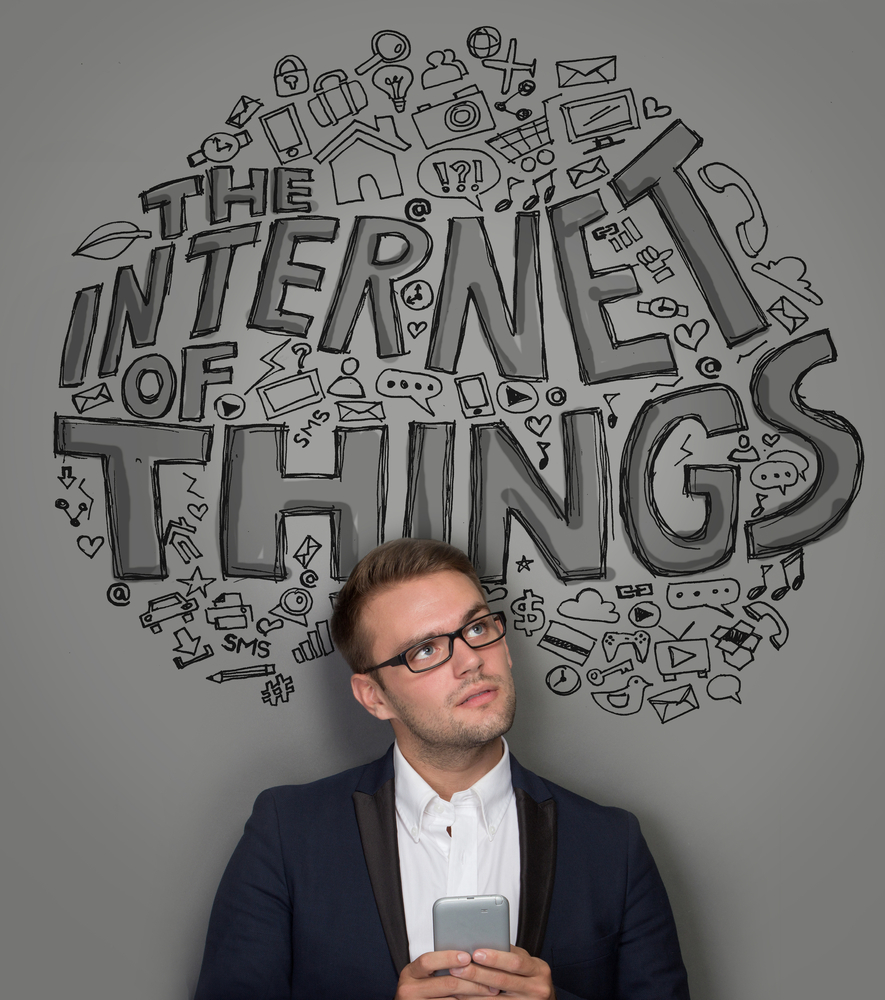
What are the most successful areas of tech in 2022?
Technology has evolved quickly in the past few decades and its growth has shown no signs of slowing down anytime soon.
Some trends come and go, but others stay as a way to solve catastrophic issues. These five areas of tech have been the most successful in 2022 and will be a mainstay for decades to come.
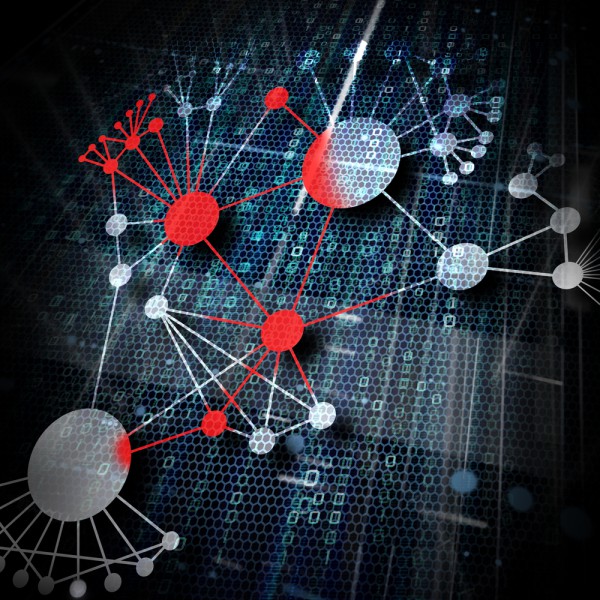
How decentralized storage can help prevent data breaches [Q&A]
According to a recent IBM report the average cost of a data breach is now $4.35 million. If enterprises don't take steps to protect personal data effectively they risk losing not just money but also the trust of their customers.
We spoke to Saswata Basu, founder and CEO of 0Chain, to discuss how decentralized storage can help to address the problem.

NFT sales drop to 12-month low amid cryptocurrency slump
The appeal of NFTs (non-fungible tokens) appears to have dropped off. After enjoying a period of near-meteoric popularity, the value of NFT sales has been decimated over the past six months.
NFT sales for June 2022 were a little over $1 billion, compared to a peak of $12.6 billion at the start of the year. The drop in interest takes NFTs to their lowest level in a year, and it comes as the cryptocurrency markets have suffered a period of extreme volatility and price drops.
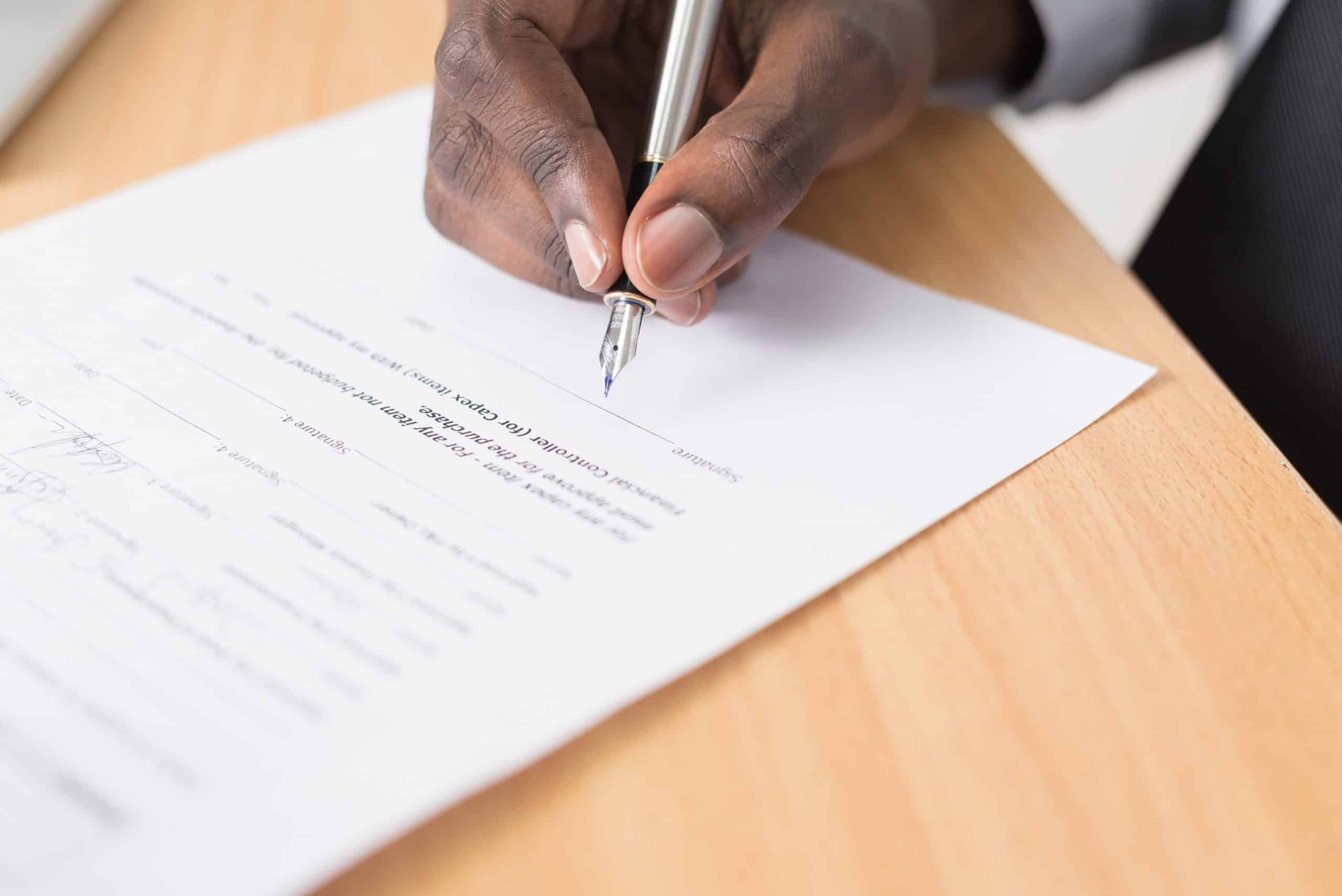
New solution helps guarantee electronic documents
Electronic documents are becoming more common in business, but this doesn't eliminate the risk of forgery or tampering.
UK-based Borderless Security is launching a new e-signature solution that makes use of blockchain technology to create a safe, secure and convenient solution for signing paperwork, contracts and legally binding documents.
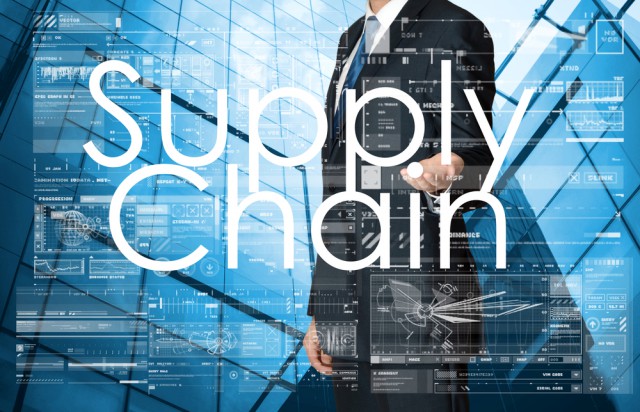
How smart technology is changing the supply chain [Q&A]
Suppliers, distributors and customers alike are faced with rising supply chain costs, partly as a result of disruption caused by the COVID-19 pandemic.
The idea of smart contracts, using blockchain and the IoT to automate contract execution, has been around for a while. But is now the time for them to start coming into their own, and how can they benefit enterprises?
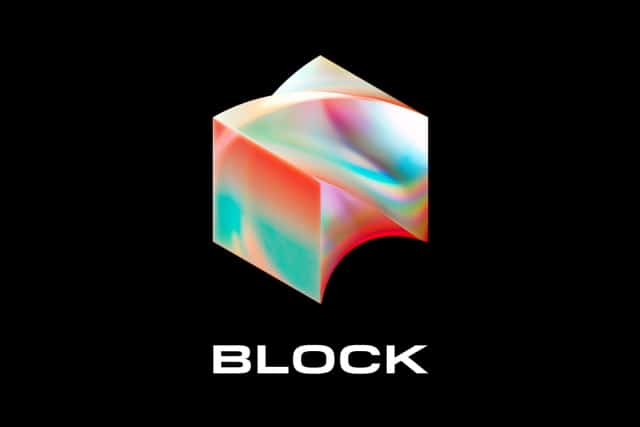
Square's rebranding as Block could signal a move into crypto
Having stepped down as CEO of Twitter, Jack Dorsey is not done with change. His other company Square has just announced that it is changing its name to Block -- something it says "differentiates the Square brand, which was built for the Seller business, from the corporate entity".
With the rebranding there will be no organizational changes; Square, Cash App, TIDAL, and TBD54566975 will continue to maintain their respective brands. While a press release expresses some of the thinking behind the change in name, many believe it is also a reference to blockchain, and could signal a move into cryptocurrencies.
